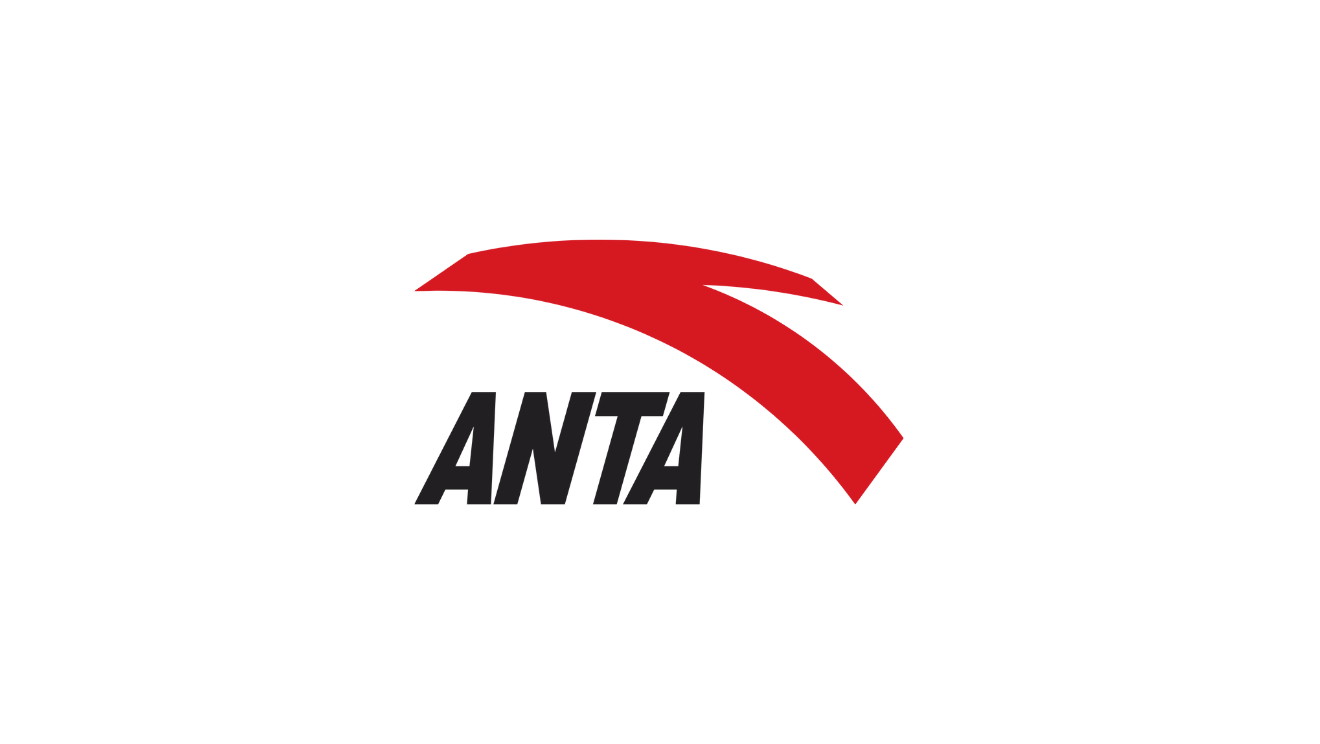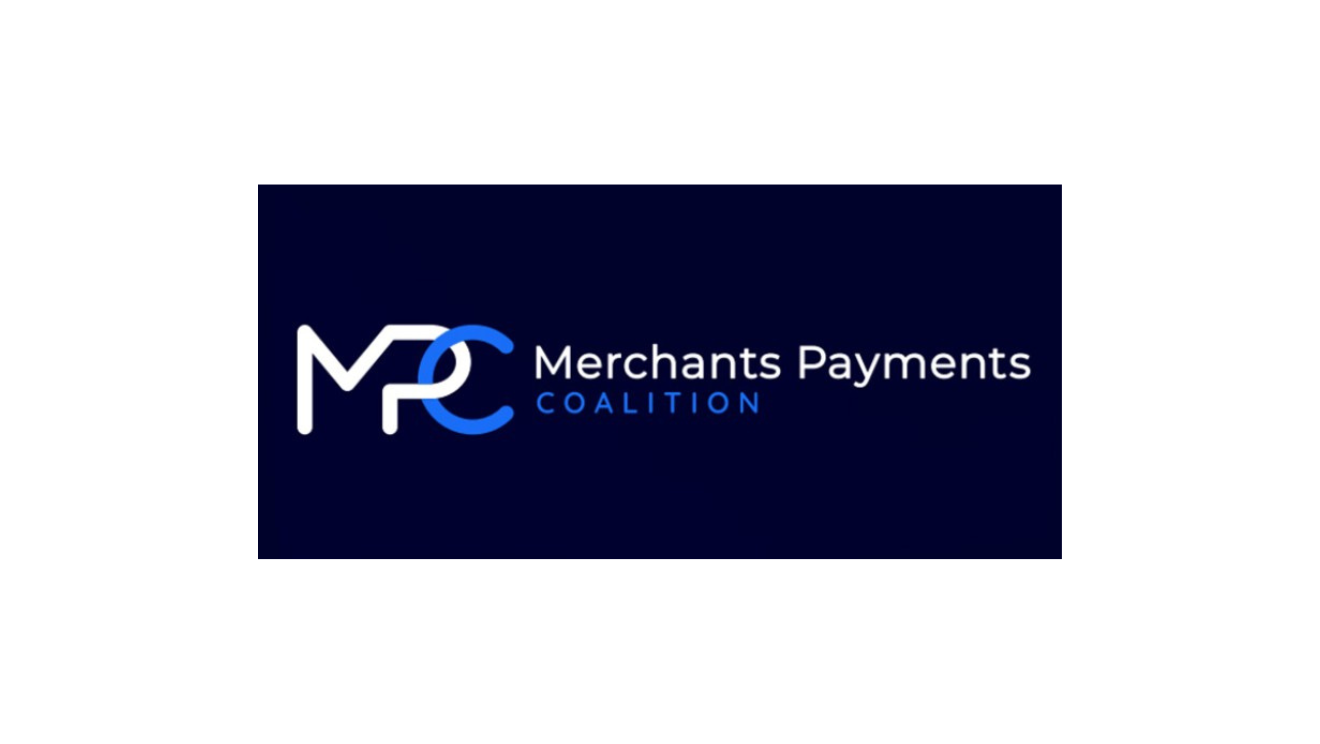WASHINGTON, D.C. (November 19, 2024) – The Merchants Payments Coalition (MPC) testified before the Senate Judiciary Committee on Tuesday, January 19 that rising credit card “swipe” fees cost small businesses and their customers billions of dollars each year and called for passage of the Credit Card Competition Act (CCCA) to bring the fees under control.
“Most consumers are not aware of these fees or the effect they have on the cost of goods and services and the U.S. economy, but the effects are dramatic,” said Doug Kantor, MPC Executive Committee member and National Association of Convenience Stores General Counsel. “For merchants, these excessive and ever-increasing fees are a constant source of stress and financial difficulty, and for consumers they contribute significantly to inflation. In fact, swipe fees reduce efficiency across the economy.”
“It does not have to be this way,” Kantor said, citing how the CCCA would “introduce market competition where there is none today” by creating incentives for innovation on price and service that would benefit consumers and the economy alike. “Swipe fees desperately need those incentives but lack them today. The CCCA would deliver on that.”
Kantor appeared this morning on behalf of MPC and NACS at a hearing on “Breaking the Visa-Mastercard Duopoly: Bringing Competition and Lower Fees to the Credit Card System.” Also testifying in favor of the CCCA on behalf of merchants was Chris Callahan, owner of Battenkill Books in Cambridge, N.Y., who said swipe fees “are a significant burden to all merchants but are especially harmful to small businesses like mine that have limited resources and leverage.”
The hearing was held by Senate Judiciary Committee Chairman Richard Durbin (D-Ill.), who is one of the lead sponsors of the CCCA along with Senator Roger Marshall (R-Kan.), who spoke in support of the bill. The hearing was the 18th that Congress has held on swipe fees over the past 18 years and also featured representatives of Visa and Mastercard.
Support for the CCCA is broad: The measure has been endorsed by a wide range of consumer and labor groups including the International Brotherhood of Teamsters, the Service Employees International Union, Americans for Financial Reform, the American Economic Liberties Project, Accountable.US, U.S. PIRG, and the National Community Reinvestment Coalition. And the conservative think tank American Compass has called it “laser-targeted at creating competition in a market that currently lacks it.”
Kantor told the committee that Visa and Mastercard – which control 80% of the market – “wield market power in ways that harm competition” by each centrally setting swipe fee rates charged by banks that issue cards under their brands. The two also block transactions from being processed over other networks that could do the job with lower fees and better security. Each has an “honor all cards” rule requiring merchants who accept any of their cards to accept all of their cards, removing “almost all bargaining power” merchants might otherwise have to negotiate with banks. And the recent Department of Justice antitrust lawsuit against Visa reveals the network “actively holding back innovation in the market through payoffs and manipulative fee practices.”
Credit card swipe fees range from 2% to 4% of the transaction on average – up to $4 on a $100 purchase – and complex card industry rules keep them under “a veil of secrecy,” not appearing on receipts or monthly bills, Kantor said. U.S. swipe fees are the highest in the industrialized world, comparing with a cap of 0.3% for credit cards in Europe.
“The problems caused by all of this for consumers, merchants and the economy are immense,” Kantor said. Credit and debit card swipe fees have nearly tripled since 2010, reaching a record $172 billion last year – nearly quadrupling to $100.8 billion for Visa and Mastercard credit cards alone in the same period – and are most merchants’ highest operating cost after labor. They are too high to absorb, especially for small merchants, and drive up consumer prices by an estimated $1,100 a year for the average family. Given the size of the fees and the fact that credit card swipe fees are a percentage of the transaction, they are a multiplier for inflation, he said.
To address the problem, the CCCA would require banks with at least $100 billion in assets to enable credit cards they issue to be processed over at least two unaffiliated networks – Visa or Mastercard plus a competitor like NYCE, Star or Shazam. Banks would choose which networks to enable but merchants would then choose which to use, resulting in competition over fees, security and service expected to save merchants and consumers over $16 billion a year – about $100 a year for the average family. Rewards would not be affected, security would be improved, consumers would still use the same cards, and community banks and all but one credit union would be exempt.
The National Sporting Goods Association (NSGA) is a member of the Merchants Payments Coalition (MPC).
Topics
Advocacy Credit Card Competition Act Swipe Fees Merchants Payments Coalition Credit Cards Visa Mastercard Retail NSGA




 Back
to News
Back
to News
